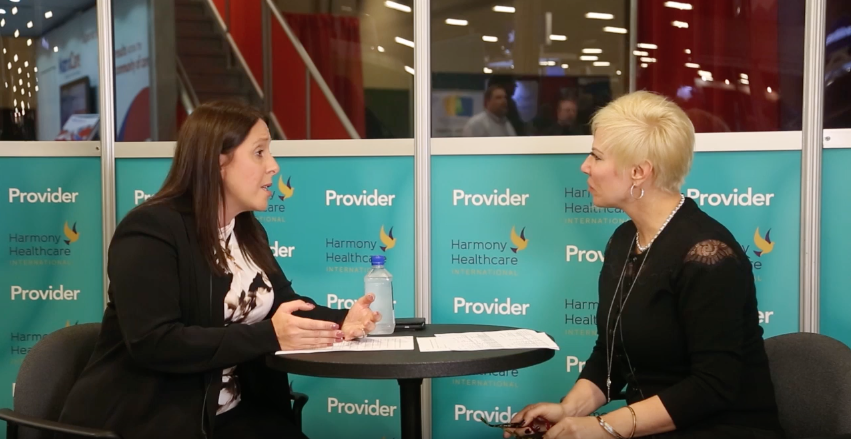In December, the Allure Group’s Chief Operating Officer, Melissa Powell, sat down with Kris Mastrangelo, President of Harmony Healthcare International for a chat. In the video, the two multitalented healthcare professionals discuss the industry, with Ms. Powell explaining The Allure Group’s best practices when it comes to CJR and Cardiac bundled payment methods.
One of The Allure Group’s main priorities is streamlining procedures, payments, and experiences for patients moving between hospitals, rehab facilities, and their homes. When there is poor communication between hospitals, families, and nursing homes, it can be costly in more ways than one.
On that note, The Allure Group is developing best practices for patients on the move by bundling their payments and treatment to standardize the process, making recovery simpler, safer, and more cost-effective. Two of our main focuses are CJR (comprehensive joint replacements) and cardiac.
As Powell relays to Mastrangelo, CJR has been positive in both the short-term and long-term care arena. “It allows for real strong clinical data being analyzed in a proper way,” she says. This way, recovery does not stop being tracked once patients leave the hospital. It’s an ongoing process, and one everyone is tuned into.
CJR bundling help to answer if patients are getting better, and how long it is taking. It also addresses what barriers may be in the way of their recovery. Hospital partnerships are making a big difference in eliminating any gaps in treatment that could hold back patients from getting where they need to be.
Such partnerships have led to stronger relationships at the executive level and below. As Powell explains, there is “lots of communications between hospital and rehab.” About discharge planning, she notes that hospitals need help with setting expectations. “The lesson is communicating with patients and families where healthcare is today,” she says.
In addition to CJR, Allure homes are incredibly proud of their work with cardiac patients. “Cardiac for my homes is a niche speciality,” Powell says, and management of these patients is not easy. Our homes have cardiac physicians on site as well as special programming to deal with care around the clock.
Better yet, The Allure Group’s bundling succeeds in setting best practices that others can learn from, lending “the same positive outcomes to facilities who don’t have the same ability or structure guiding them.” Smaller operations around the country can look at the best practices Allure has developed, read the research, and implement procedures to help their patients.
By developing best practices via bundling, Powell says, Allure is both challenging the healthcare industry and expanding it. Whether a patient is recovering from a knee replacement or heart failure, there is comfort in the fact that recovery can be covered from all angles.

